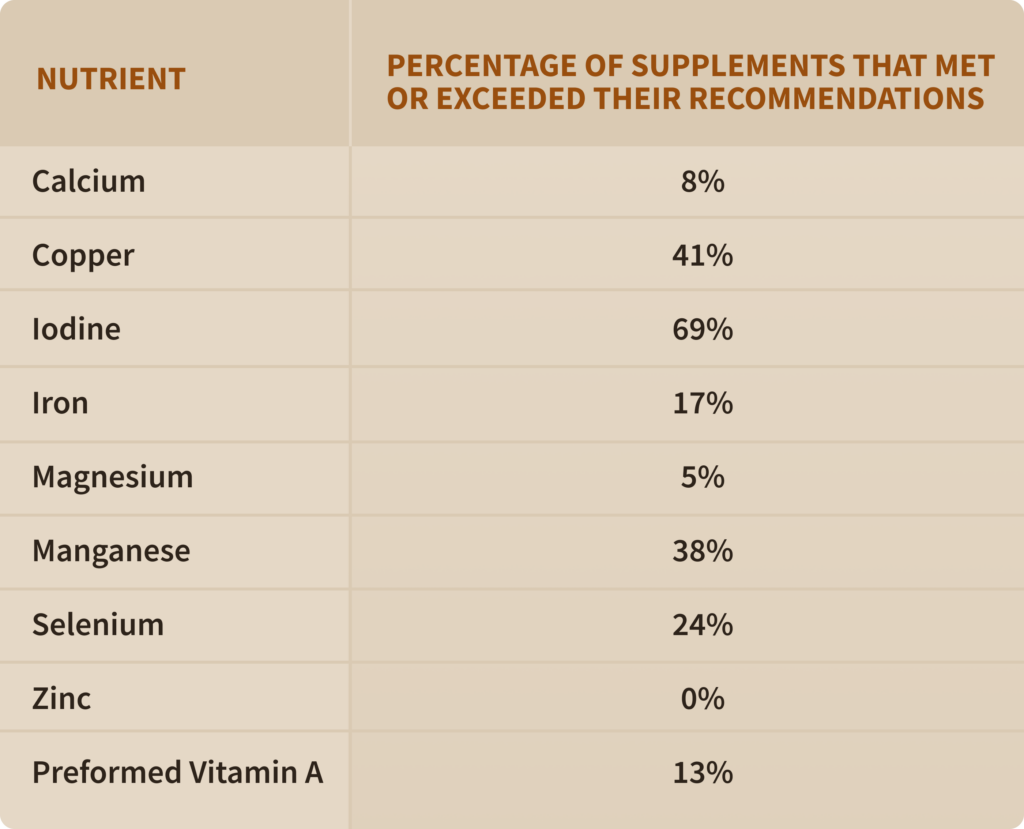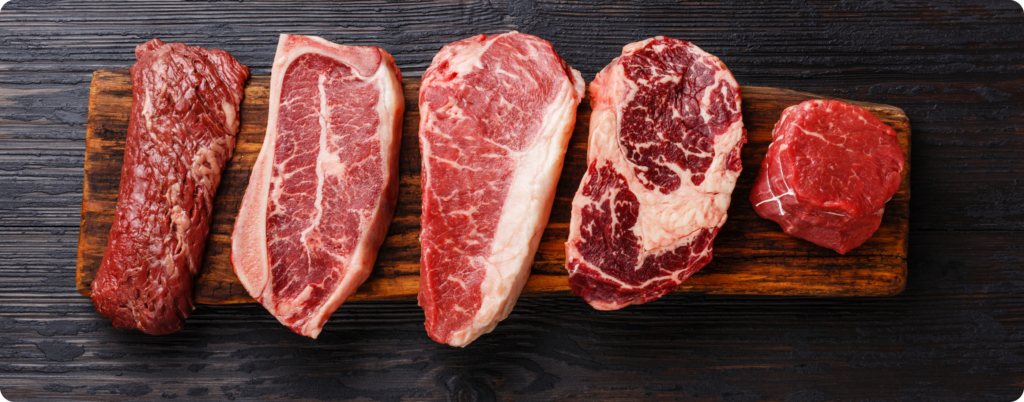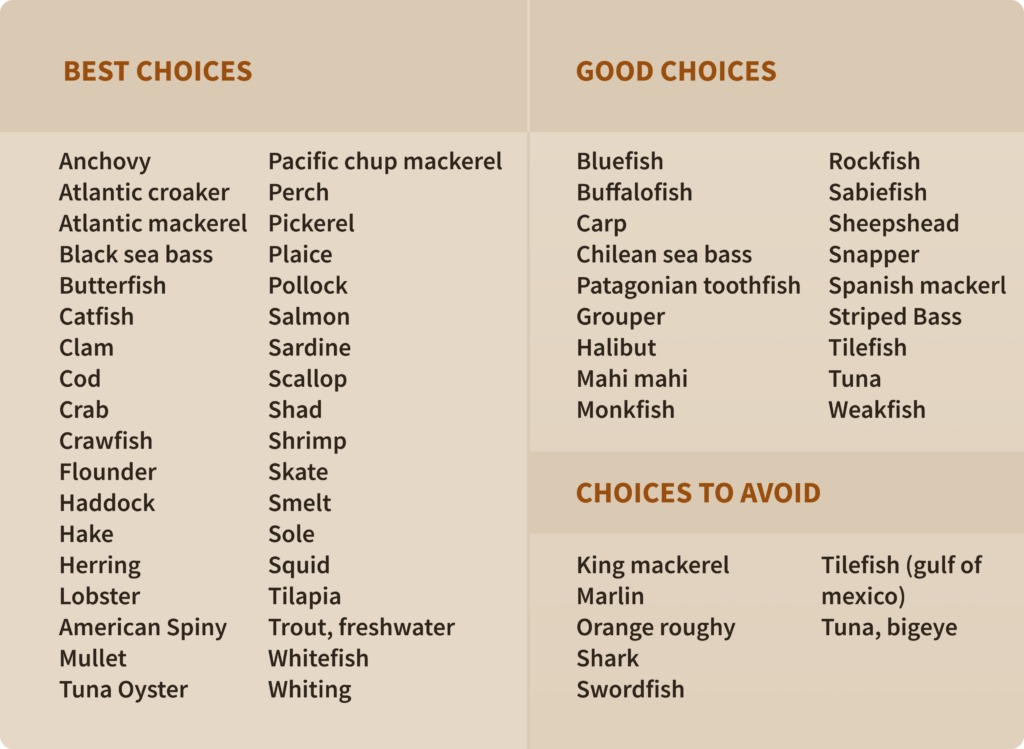PLEASE NOTE: The information in this blog is for educational purposes only. It is not a substitute for professional medical advice. Consult your healthcare provider if you’re seeking medical advice, diagnoses, or treatment.
We all know that your diet can dramatically impact your health. With pregnancy, the stakes are much higher.

Not only do your personal nutritional needs increase with pregnancy, but you now have another life that depends on you for nourishment. Despite this, it can be challenging for women to obtain the vitamins and minerals needed for a smooth, healthy pregnancy.
This article provides an overview of the nutrients needed for a pregnancy diet, what nutrients are commonly missing, and the power of animal foods during this important time!
Nutrition is Critical for Expecting Mothers
The importance of a healthy diet for expecting mothers cannot be overstated. Mothers with poor nutritional status can hinder a child’s growth and development in the short term and potentially increase the chances of chronic illness later in life (1).

Compared to those following a standard American diet, “health-conscious” women have fewer pregnancy complications and fewer adverse infant health outcomes (2). Women who are obese or undernourished more commonly experience adverse pregnancy outcomes (3).
Plus, the first 1000 days after conception can set the tone for a child’s health for the rest of their life (4). Yet, couples are frequently unaware of the long-term effects their nutritional habits can have on their children.
These Nutrients Are Commonly Lacking During Pregnancy
Pregnant women are at risk of inadequate vitamin and mineral intake (5). Continual, inadequate intake of protein, folic acid, vitamin D, vitamin B12, and other critical nutrients can lead to deficiencies in pregnancy (6). Deficiencies can worsen in pregnancy and negatively impact both mother and child (7).
Pregnancy is a time when levels of vitamins A, C, D, E, K, and multiple forms of B vitamins can decrease dramatically (8). Unsurprisingly, nutrient requirements can increase greatly:
- Iodine requirements can increase by at least 50% (9)
- Vitamin A requirements increase by about 10-20% (10)
- Pregnant women require slightly more zinc (11)
- Magnesium requirements increase during pregnancy (12)
To make matters worse, many women consume inadequate amounts of these nutrients before or during pregnancy:
- A large percentage of women are at risk of deficiency or insufficient intake of iron, iodine, vitamin D, folate, and vitamin B12 (13)
- An estimated 8.5% of women are consuming an adequate amount of choline during pregnancy (14)
- About 15% of pregnant women are deficient in vitamin A (15)
This is one of the reasons that many women rely on a prenatal supplement.
Do Prenatal Supplements Work?
Prenatal supplements can help fill in the gaps missing from the diet and other lifestyle habits (16). Mineral supplementation has also been shown to reduce the risk of complications like low birth weight, gestational diabetes, anemia, and pre-eclampsia (17, 18).
Despite this, not all prenatal supplements are created equally. One study looked at 188 prenatal supplements and found that almost 50% offer insufficient amounts of vitamins and minerals, potentially leaving mothers and infants unprotected from complications (19).
Here’s a look at critical nutrients that may be lacking in prenatal supplements:

So, working closely with a professional is essential to ensure your needs are met. It’s also helpful to remember that prenatals are not intended to replace a healthy, balanced diet (20).
The Importance of Animal Foods For A Pregnancy Diet
The value of animal foods is often overlooked during pregnancy. Animal foods such as muscle meat, organs, dairy, and eggs can all supply key nutrients in their most bioavailable form.
In general, nutrients in animal foods are more bioavailable than in plant foods (21).

For example, red meat and fish contain heme iron which is more bioavailable than non-heme iron found in nuts, legumes, and other plant foods (22). Phytates and other antinutrients can reduce iron absorption from plants (23).
Animal foods are also the main source of preformed vitamins A and B12 and contain bioavailable folate, niacin, biotin, riboflavin, and thiamin. Unsurprisingly, animal protein is suggested as the main protein source during pregnancy (24).
Zinc is a nutrient that helps with immune function and is found mainly in meat, milk, and seafood (25, 26).
Vitamin A is important for fetal organ development, and low intake of vitamin A during pregnancy can negatively affect the fetus (27). Preformed vitamin A is absorbed better and found in liver, milk, and other animal foods compared to provitamin A found in plant foods like cantaloupe or carrots (28).
Vitamin A supplementation in excess may cause a number of concerns, such as birth defects (29). Although, some sources view this risk as “overstated” (30). Still, women are encouraged to check local nutrient food databases for vitamin A content and discuss supplementation with a medical professional.
Plants do not naturally contain vitamin B12, but dairy, eggs, meat, and fish are a good source of vitamin B12 (31, 32). Similarly, choline and iodine are mainly found in meat, fish, dairy products, and eggs (33).

Milk and dairy products can also be helpful additions, given they contain iodine, calcium, and protein (34). They’re also among the few foods with vitamin D3 (along with eggs and fish), although sunlight is the preferred source (35, 36).
Another nutrient-dense animal food is fish. Different varieties of fish are a great source of zinc, iron, vitamin B12, and iodine (37, 38). Oily fish such as salmon, sardines, and mackerel offer plentiful omega-3 fatty acids like DHA (39, 40).

The 2020-2025 Dietary Guidelines for America advise that Americans of all ages (with emphasis on pregnant women) should be eating fish at least twice per week (41). About 8 ounces of seafood per week is connected with better infant health outcomes (42).
Given that seafood can be polluted, it’s suggested that you select low-mercury options like salmon, flounder, cod, shrimp, and oysters (43).
Say Yes to Animal Foods During Pregnancy
Pregnancy is a time of great importance. Healthy eating is crucial for both parents and the child.
With different family dynamics, stress, food aversions, lack of reliable information, and other challenges, many women are missing out on essential nutrients that help support a healthy pregnancy. Plus, the average prenatal vitamin may not be cutting it.
A helpful strategy for getting natural prenatal vitamins is to include a variety of animal foods in your pregnancy diet. As we saw, meat, seafood, dairy products, and other animal foods are packed with bioavailable nutrients!
Subscribe to future articles like this: